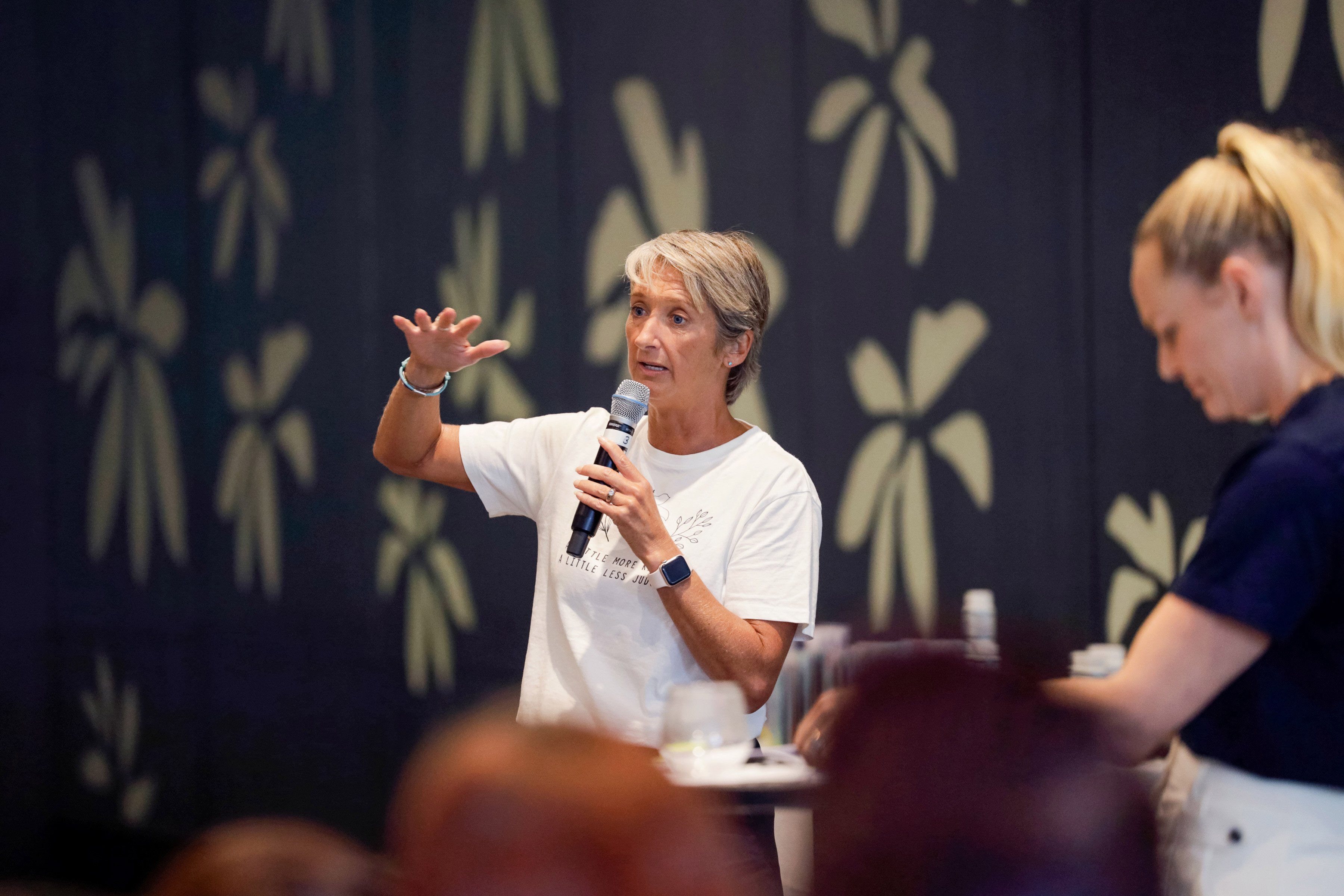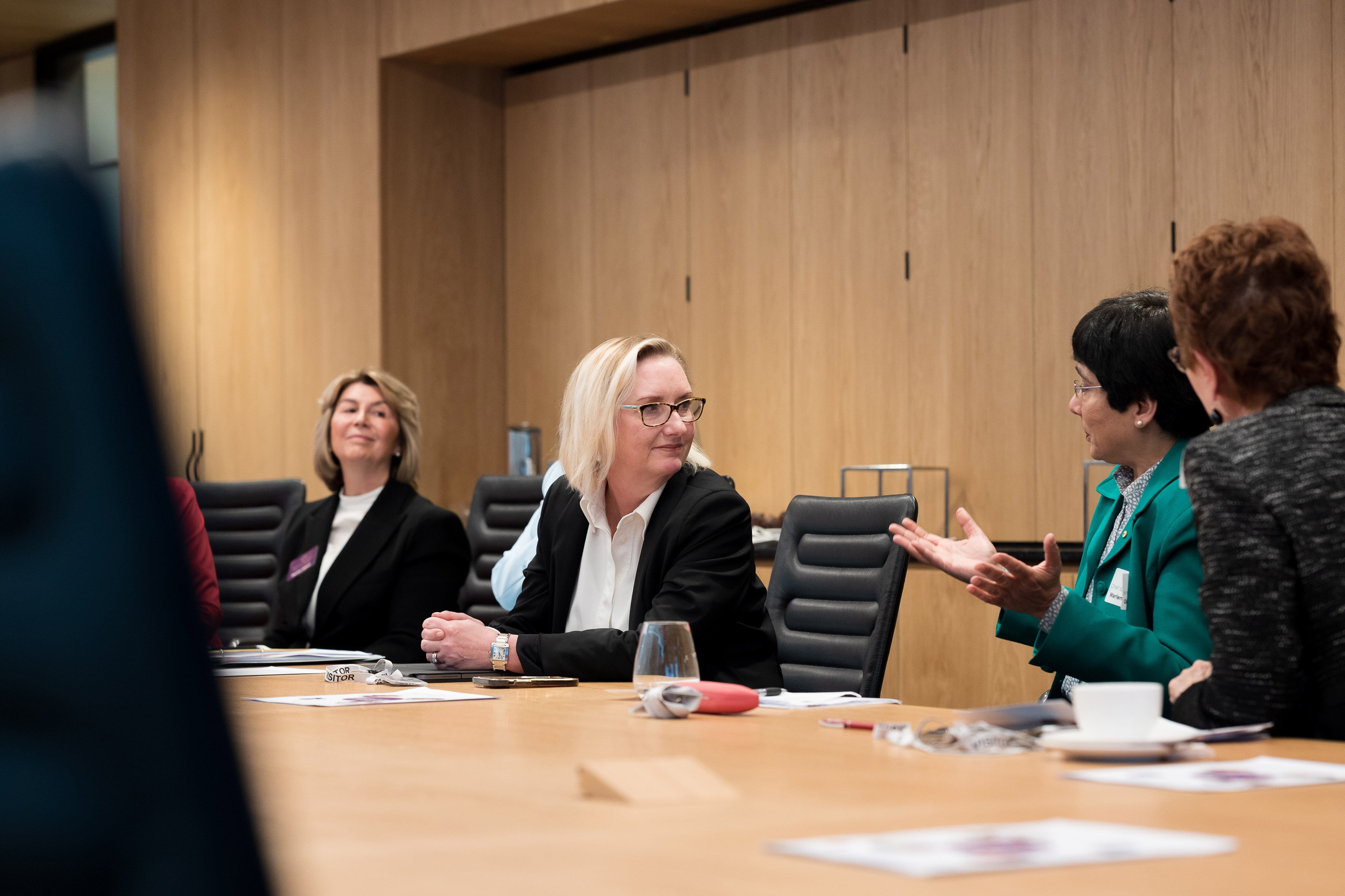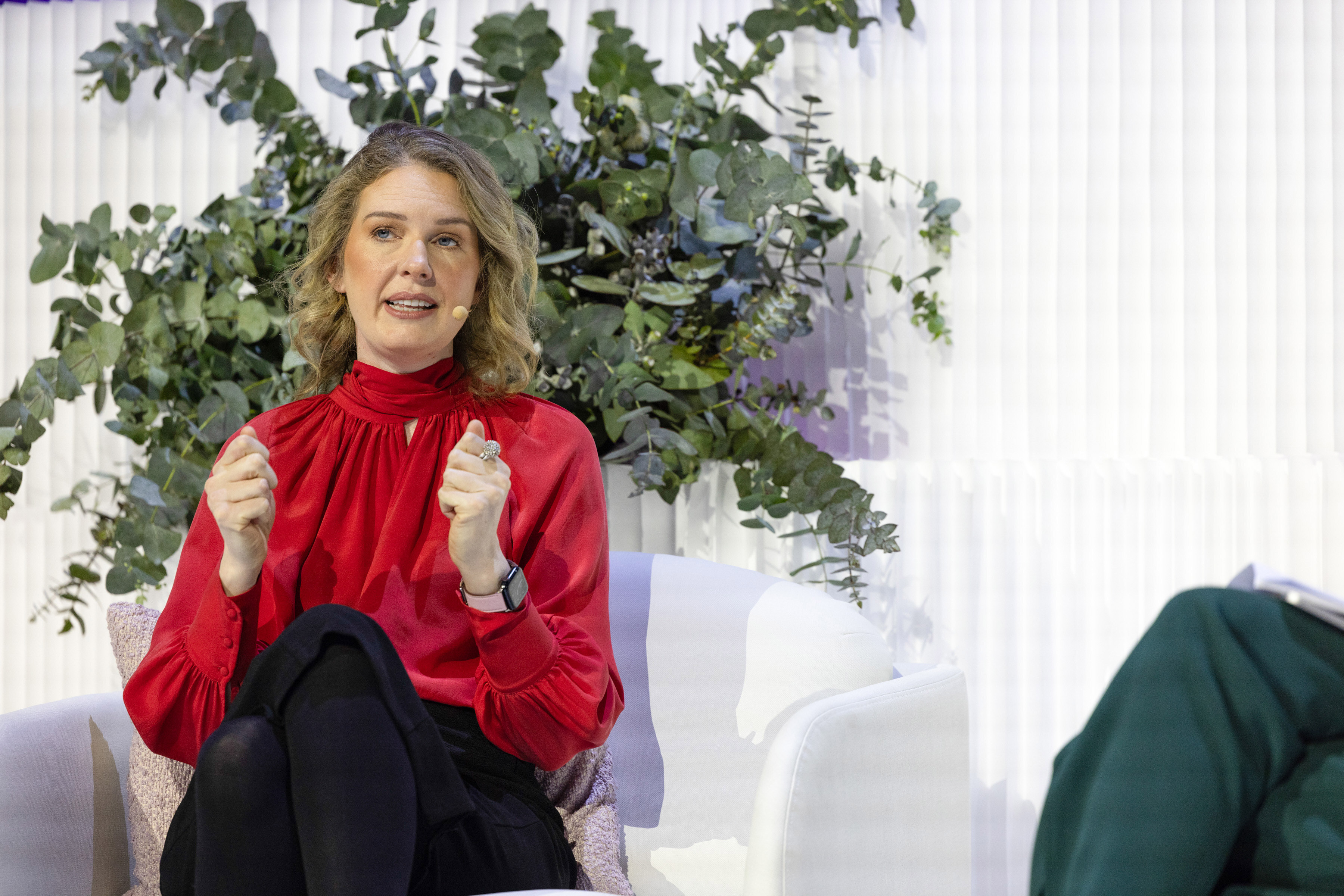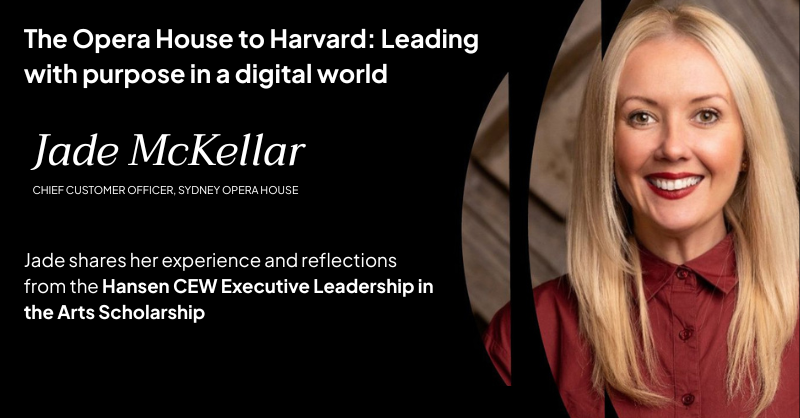The Hansen CEW Executive Leadership in the Arts Scholarship was created in partnership with CEW...
POLICY AND ADVOCACY
CEW’s research-based policy agenda aims to enhance women's leadership, economic security and workforce participation.


2025 CEW Federal Election Platform
Shaping Tomorrow: CEW’s Call to Action for Australia’s Next Government.
ADVOCACY SCORECARD
Explore the impact and influence of CEW in policy and decision-making.

